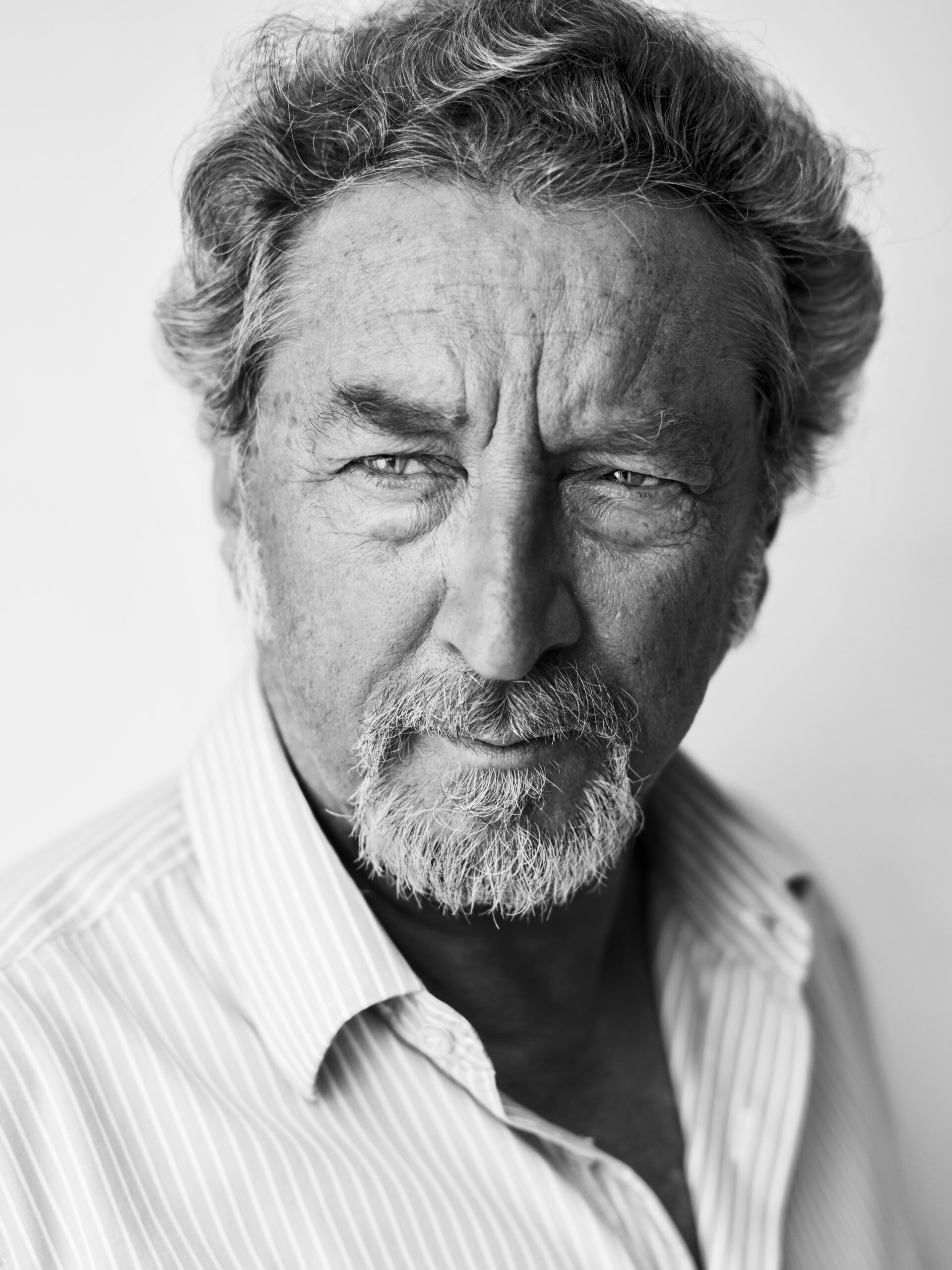Cinema Eliseo | Avellino AV | at 6pm
Robert Guédiguian
A strong passion for social and political cinema: this is the distinguishing feature of Robert Guédiguian. French director, born in 1953, to an Armenian father and a German mother, he made of his city Marseille “the form and language” of his cinema. What was once the neighbourhood – not far from the dockers described by the poet Louis Brauquier, the Estaque, and now incorporated into the port – is the natural setting of his childhood. A world “structured by the working-class movement,” marked by human solidarity which influenced his conscience as an artist and activist. In the Seventies he moved to Paris, where he met the director René Féret with whom he signed his first screenplays. His debut as a director came in 1981 with “Dernier été”, which brought to the big screen the working-class reality of southern France, among the failure of the Left, the decline of the community and a new era of individualism. These are recurring themes in “Rouge Midi” (1983) and “Ki lo sa?” (1985). He founded AGAT Films & Cie, a company that would produce the works of both established and debuting authors such as Paul Vecchiali, Lucas Belvaux, Sólveig Anspach, Cédric Kahn, Lech Kowalski, Éric Zonca, Pierre Salvadori, Diego Lerman. After “Dieu vomit les tièdes” (1989), he directed “L’Argent fait le bonheur” (1993), a film for television distribution that launched his years-long collaboration with the screenwriter Jean-Louis Milesi. After the success of “À la vie, à la mort!” (1994), came the love fairy tale “Marius et Jeannette” (1997), opening Un certain regard section of the 50th Cannes Film Festival. As with the contemporary novels of the writer Jean Claude Izzo, Guédiguian’s films in this period focus on the transitions of French society and Marseille: from racial integration (“À la place du cœur” – 1998) to the decadence of the city (“Marie-Jo et ses deux amours” – 2002), a multicultural space that “contains all the problems of the world”. In the following years he challenged himself with different genres: with “Le promeneur du Champ de Mars” (2005) he dealt with the biopic telling the last days of François Mitterrand; with “Le Voyage en Arménie” (2006) he experimented with road movie, in an increasingly unstable ideological precariousness, both of references and opinions. As a reaction to the upheaval of values of the new millennium, in 2009 with “L’armée du crime” – based on the true story of Missak Manouchian, Armenian poet and communist, and his 22 comrades murdered by the Nazis in February 1944 – he paid homage to the French Resistance with a comeback to Marseille, bringing together themes, actors and settings, with the movies “Les Neiges du Kilimandjaro” (2011) and “Au fil d’Ariane” (2014). «For me, one of the biggest problems of today’s society is that class consciousness no longer exists. In this sense we can no longer even talk about “working class,” which is why I talk about the “poor.” Yet, the awareness of being part of the “poor people” does not exist. If Paris is an attraction and Marseille is a passport, as Jean Claude Izzo wrote, Robert Guédiguian’s cinema is a passport to discover the changes and faults of French society: an overview, from the ancient port of Marseille, on the conflicts within the Mediterranean area, the obliteration of ideologies, the global bewilderment of individuals.

